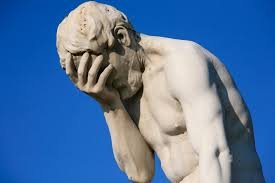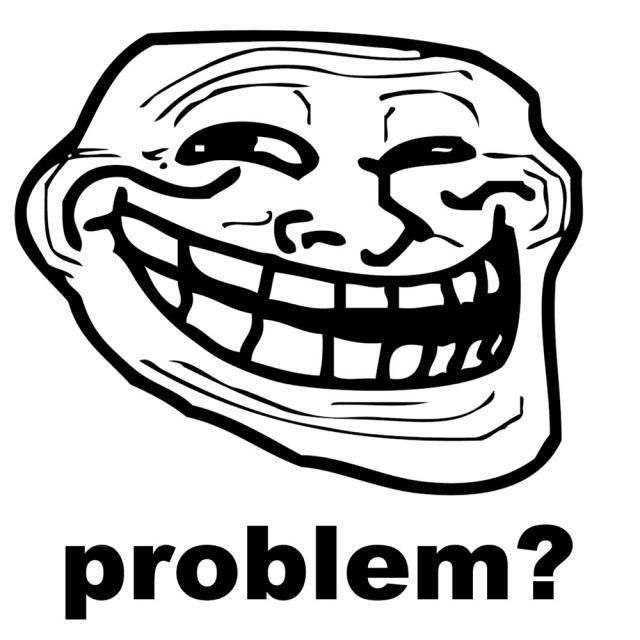How to be a Libertarian: Property Rights Theory

There's an old anarchist joke about property: Why don't anarchists drink tea?
Because proper tea is theft!
.jpg)
With that cringe-inducing (and erroneous) dad joke out of the way, let's get to it!*
In this post I will attempt to lay out a consistent Libertarian theory of property rights based upon the Zero Aggression Principle and property theory.
Disclaimer: I'm not infallible, nor do I claim to be. I'm always seeking to grow, adapt and refine my position. I'm confident in my position and will defend it, but I'm willing to modify or change my position when presented with new information. If anything is unclear, or needs elaboration, just ask! If you're gonna be a jerk, I will not respond. :)
DEFINITIONS (BECAUSE REASONS)
Property: A scarce resource which has been acquired via homesteading or trade and is possessed or controlled by the owner.
Zero Aggression Principle: the initiation of aggression, coercion or the threat thereof, regardless if the action has a positive, negative or neutral effect, violates the property rights of the individual, and is therefore immoral and unethical.
Contract: a voluntary written, spoken or tacit binding agreement between two or more parties.
Right: legal concept pertaining to what an individual may or may not do with their or another individual's property.
THEORY
All arguments that I offer to support my position, are based on ethics (what can I do?), not morals (what should I do?).
Ah property rights. One of the greatest controversial topics of all time. The topic which, once understood and consistently applied by the principled Libertarian can send Statists of all stripes into fits of rage.

Every individual is a self-owner, and every individual has a property right in their body.
How then is that right established?
The right to that property is established when the individual acquires that property in a legitimate and just manner.
There are TWO means by which an individual can acquire property: The economic means, and the political means.
The Economic Means are voluntary, such as homesteading an un-owned or abandoned resource, or engaging in trade with another. Property acquired by these means is legitimate and just.
The Political Means are using theft, coercion and violence to get what you want. Property gained by these means is illegitimate and unjust.
This means that all individuals have a legitimate and just property right in their bodies by virtue of homesteading.
To determine whether property is justly or unjustly owned, find out how that property was acquired. If by the political means, no right to that property exists. If by the economic means, then the right to that property is legitimate.
Having a property right in one's body, is the basis upon which the Libertarian theory of property rests. Obviously I can't cover the minutiae of this immense topic, that 's for you to discover for yourself, but I hope this serves as a solid introduction to the theory, or as a helpful refresher on the fundamentals of Libertarian property rights theory.
Thanks for reading!
*The reason this joke is erroneous is because it is not theft to own one's own body. Who or what are you stealing from if this statement is true? Illegitimate unjust property does exist because it has been seized via the political means, but how can a voluntary mutually beneficial trade between two people be theft? Think about it. :)